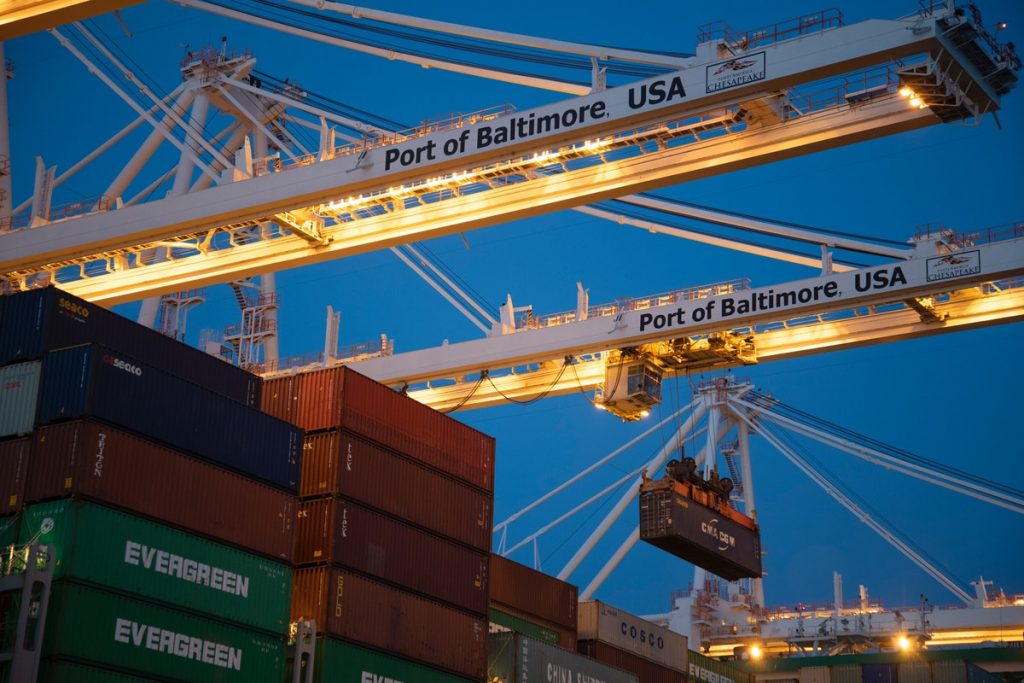Customers are now more demanding and discerning in quality than ever before, is fleet management the answer? Fast, efficient, and dynamic transport systems determine the growth of modern economies. The scalable and predictable expansion of transport activities is directly related to the growth of such economies.
A lot of transport activities today concentrate on the city and urban environments, making densely populated areas a priority in implementing fleet management techniques. Fleet management makes it possible to introduce transparency in potentially disruptive and complex transport environments.
Industry adopters of fleet management will continually grow in their appreciation of the role that automation plays in transport and logistics.
Urban transportation at crossroads
Cities represent the highest concentrations of the economic value of all the human-built environment. Consequentially, cities demand the highest levels of transparency and efficiency in moving goods, people, and services through them and across their borders.
Complex infrastructure and spatial structures supported by a dwindling transport infrastructure make the challenge of realising efficiencies in city transport almost impossible. Larger metropolitan areas like London present even higher possibilities of disruption and productivity losses in an opaque transport system.
Managing the complexity and confusion in cities is an objective that attracts multisectoral players. The ICT industry contributes to the urban transit dilemma through the fielding and testing of fleet management software.
Automated and integrated transport systems help in giving city planners and individuals in logistics business a macro as well as a micro view of the existing transport variables and their interaction.
Expanding wealth and the logistics gap

Business organisations that move people and products represent one of the most significant fractions of the transport supply chain and logistics movements. As people become wealthier today, it results in more consumerism.
And this trend has emerged at a time when the internet makes it possible to purchase products online for delivery at an individual’s doorstep through a courier. The development of e-commerce injects fleets of cars on our roads for the delivery of parcels faster and faster.
This is a trend that is partly to blame for the high frequency and dense utilisation of the transport infrastructure. The e-commerce trend is expanding as technology becomes more ubiquitous, leading to higher fleets of cars on our roads aimed at delivering parcels.
The number of wealthy individuals across the region is growing continually, and this will continue creating demand for logistical services. Unless the transport infrastructure grows perpetually at the same rate as e-commerce and wealthy demographics, the logistics gap will continue to widen, given the limited transportation infrastructure resources.
The software solution
An integrated fleet management system is a software-based implementation of a technique aimed at offering invaluable insights in managing a fleet of cars efficiently. Such a solution aims at reducing redundant travels, ensuring optimised hauling of goods and people while minimising labour, time, energy, and other inputs.
The capacity of the software to paint a true and accurate picture of the transport scenario while offering intuitive suggestions on shorter routes and other performance metrics is what makes it a truly robust and valuable solution.
Fleet management is imperative for a sustainable and future-oriented solution of shared utilisation of the transport network. Solution providers in the private sector need to understand and efficiently provide support for their clients.
Providing an end-to-end solution for transport stakeholders is the way forward in having a concerted solution to the persistent problem of traffic jams and productivity losses in the transportation sector.

